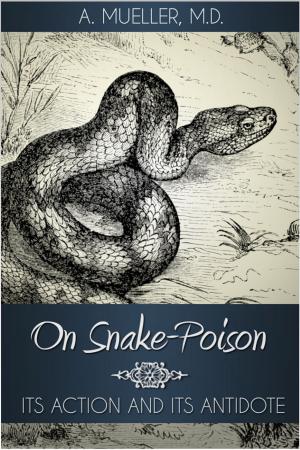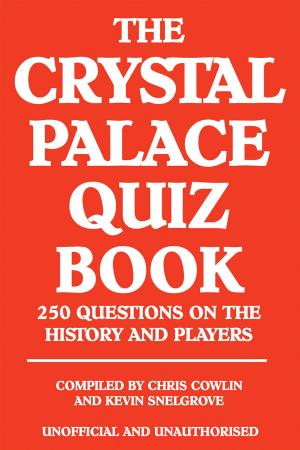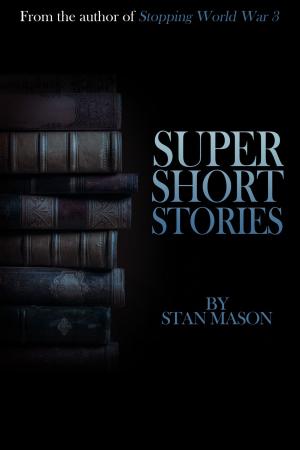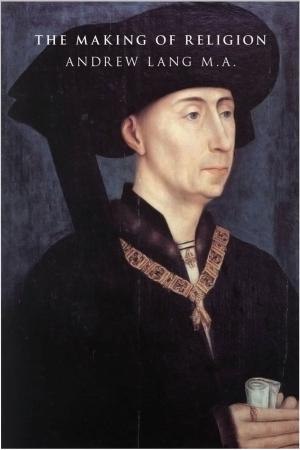John Grote, Cambridge University and the Development of Victorian Thought
Biography & Memoir, Philosophers, Nonfiction, Religion & Spirituality, Philosophy, Modern| Author: | John Richard Gibbins | ISBN: | 9781845407346 |
| Publisher: | Andrews UK | Publication: | October 7, 2013 |
| Imprint: | Imprint Academic | Language: | English |
| Author: | John Richard Gibbins |
| ISBN: | 9781845407346 |
| Publisher: | Andrews UK |
| Publication: | October 7, 2013 |
| Imprint: | Imprint Academic |
| Language: | English |
John Grote struggled to construct an intelligible account of philosophy at a time when radical change and sectarian conflict made understanding and clarity a rarity. This book answers three questions:* How did John Grote develop and contribute to modern Cambridge and British philosophy?* What is the significance of these contributions to modern philosophy in general and British Idealism and language philosophy in particular?* How were his ideas and his idealism incorporated into the modern philosophical tradition?Grote influenced his contemporaries, such as his students Henry Sidgwick and John Venn, in both style and content; he forged a brilliantly original philosophy of knowledge, ethics, politics and language, from a synthesis of the major British and European philosophies of his day; his social and political theory provide the origins of the 'new liberal' ideas later to reach their zenith in the writings of Green, Sidgwick, and Collingwood; he founded the 'Cambridge style' associated with Moore, Russell, Broad, McTaggart and Wittgenstein; and he was also a major influence on Oakeshott.
John Grote struggled to construct an intelligible account of philosophy at a time when radical change and sectarian conflict made understanding and clarity a rarity. This book answers three questions:* How did John Grote develop and contribute to modern Cambridge and British philosophy?* What is the significance of these contributions to modern philosophy in general and British Idealism and language philosophy in particular?* How were his ideas and his idealism incorporated into the modern philosophical tradition?Grote influenced his contemporaries, such as his students Henry Sidgwick and John Venn, in both style and content; he forged a brilliantly original philosophy of knowledge, ethics, politics and language, from a synthesis of the major British and European philosophies of his day; his social and political theory provide the origins of the 'new liberal' ideas later to reach their zenith in the writings of Green, Sidgwick, and Collingwood; he founded the 'Cambridge style' associated with Moore, Russell, Broad, McTaggart and Wittgenstein; and he was also a major influence on Oakeshott.















